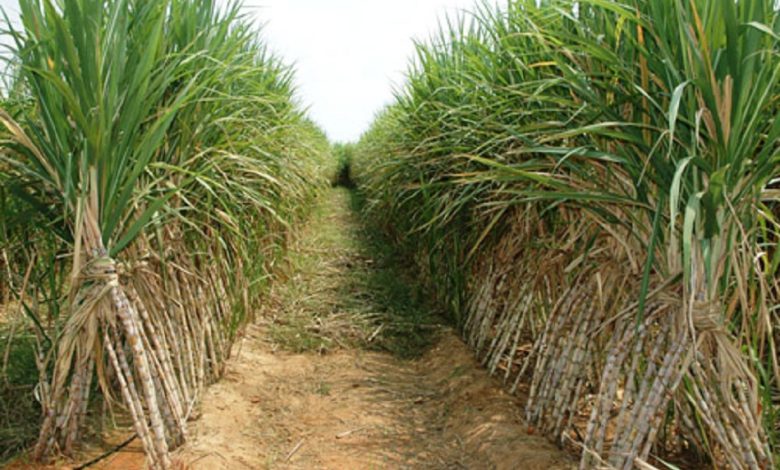Militia War Prompts Sugar Sector’s Collapse

Report – Rehab Abdullah
Warnings issued by the Vice President of the Rain Sector Farmers’ Association, Ghariq Kambal, about the collapse of the sugar sector in Sudan, after the Rapid Support militia (RSF) destroyed a number of sugar factories and farms in Sudan,
*Tearing up the sugar import invoice*
He confirmed that this prompts Sudan’s return to importing sugar, after it tore up its import bill in previous years, and added, “We will return to importing sugar from India and Brazil, and it will be for those who can afford it only.” He warned of the greed of merchants and the month of Ramadan is approaching, indicating that they have now begun to increase prices in an astonishing manner, indicating that the price of a mobile phone has now reached more than one hundred thousand pounds in some areas.
Ghariq described what is happening as a new disaster affecting the agricultural and production sector, after it witnessed stability until 2012, and local production covered the country’s need and the surplus was exported.
Ghariq said in a press statement (to Sudan Events) that the Al-Junaid sugar factory was destroyed and its machinery was looted and went out of service, and the West Sennar factory followed in the same manner of the militia’s act. As for the Asalaya factory, unfortunately, it went out of production from the previous year, and its agricultural area was rented to tomato and cotton farmers and others, while sugar production became zero. As for the White Nile Sugar Factory, it was established wrongly – and is now out of service and its sugar cane is sold in the markets. He added that the Kenana Sugar Factory is the pride of Sudan, and its sugar production has become world famous, as it depends on it. Most of the Gulf countries import it from Kuwait, the largest partner in Kenana, but he indicated that its production in the previous season declined to 35%, while it declined for the current season to 7%.
*Filing a report against the militia*
It is evident that at the end of the year 2023, the Al-Junaid and Sennar sugar factories and the sugarcane research center were attacked by the (RSF) rebel militia. According to a statement issued by Jad Al-Rab Khaled, General Director of the Sudanese Sugar Company, all stocks of fertilizers and pesticides were looted. Fuel depots, benzene and gasoline, oil and grease stores, tire and battery stores, chemical stores, packing materials, empty bags, spare parts stores for agricultural workshops, factories, and sugar stores were also looted. All heavy machinery, tractors, dumpers, and trucks were stolen, their number exceeding approximately 450 units. In addition, sugar cane farms in agricultural projects of manufacturers were exposed to an attack by criminals, and it was announced that reports would be recorded and reports filed to the competent authorities.
Pages supporting the RSF reported that their forces took control of the Sinnar Sugar Factory.
*Previous problems*
Despite the facts mentioned by Ghariq, some observers pointed out that previous problems were threatening sugar production in the country, noting that a number of factories were suffering from problems that forced the government at some point to consider selling them. Indeed, it actually began bidding for selling the four sugar factories. (Sinnar, Asalaya, Khashm Al-Qirba, Al-Junaid) before retracting after public opinion arose.
Sugar production in Sudan declined from 366,000 tons annually in 2009, to only about 50,000 tons in 2022. This significant decline in production is due to problems in irrigation systems and a lack of agricultural equipment.
However, the former Minister of Industry confirmed in January 2023 that the quantities of sugar produced and available cover the needs of the industrial sector and citizens, including the needs of the holy month of Ramadan, stressing that the quantities expected to be produced at the end of the season exceed last year’s production.
*Sudan’s rank in Africa*
Sudan is considered third in sugar production in Africa after South Africa and Egypt. Sudan produces approximately 1 million tons of sugar annually, and about 0.2 million tons is exported annually. It is estimated that annual consumption in Sudan reaches 1.6 tons annually.



